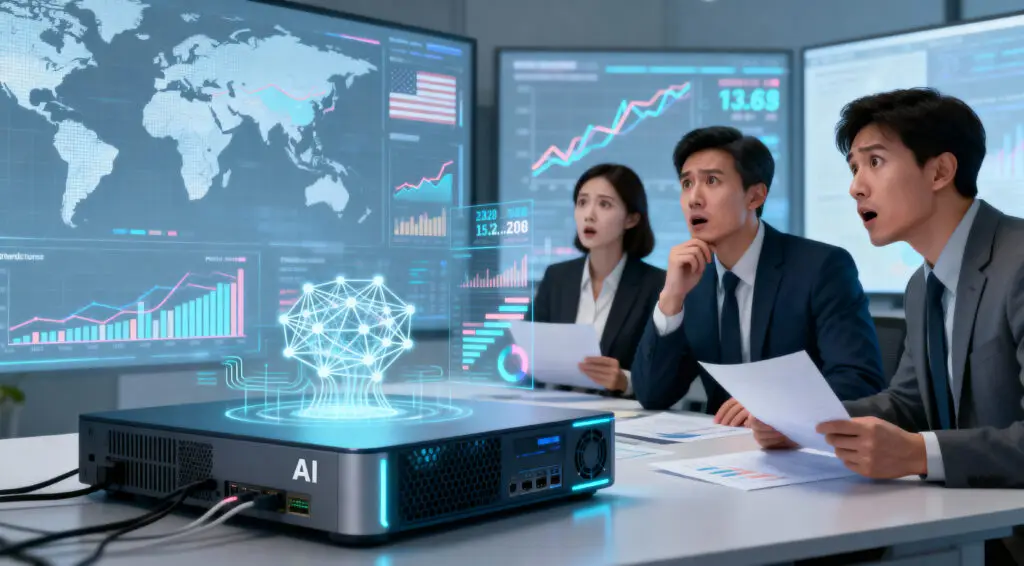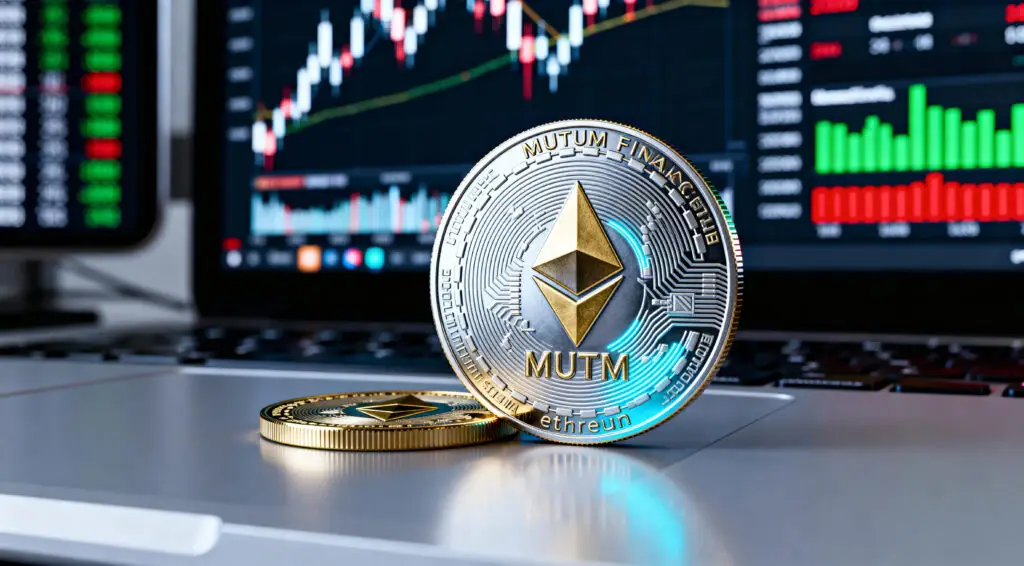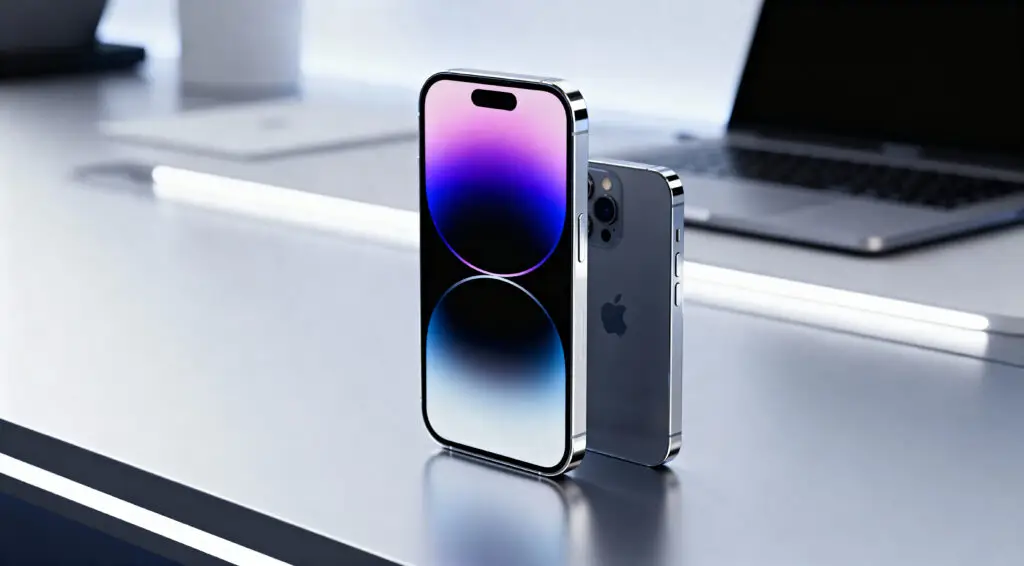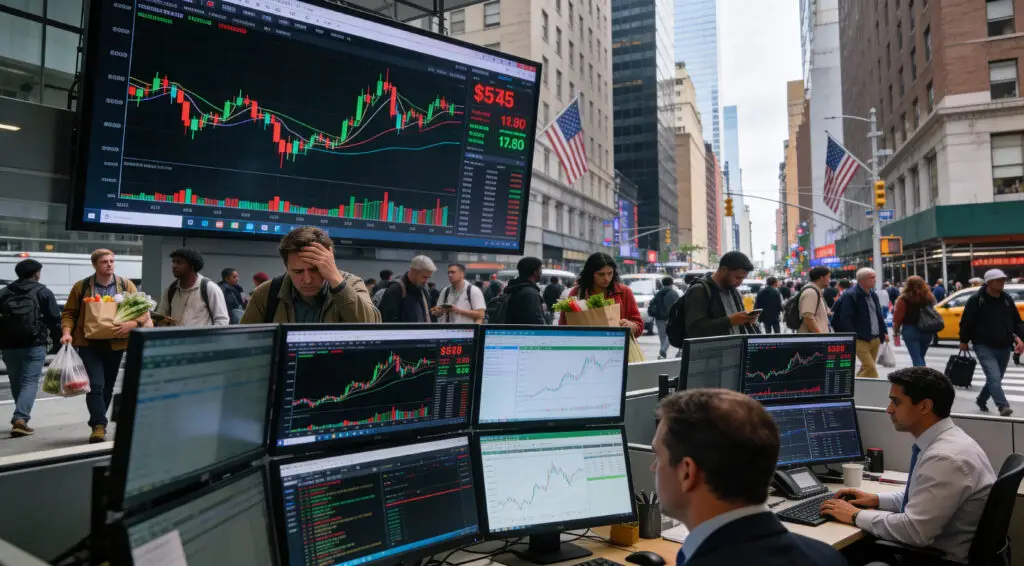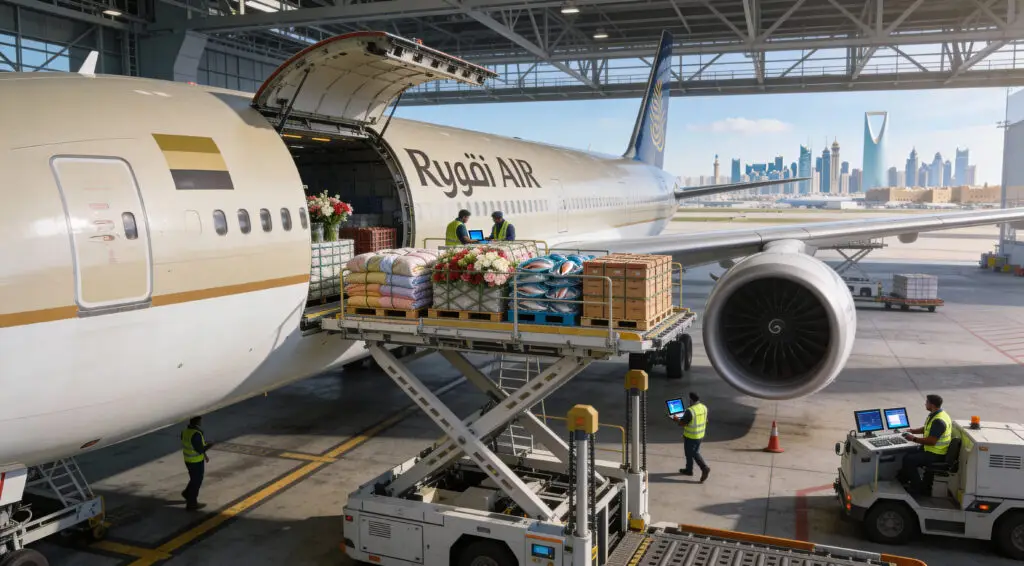AI Surpasses Many Human Competitors in Forecasting Event
A British AI startup has been in the news because it beat a lot of people in a global forecasting competition. The contest asked people to guess what would happen in sixty different real-life events, from political arguments to natural disasters, over the course of several months.
ManticAI, which was started by a former Google DeepMind researcher, came in 8th place overall. The strong result shows that AI is getting better at competing with experienced professionals in the field of prediction.
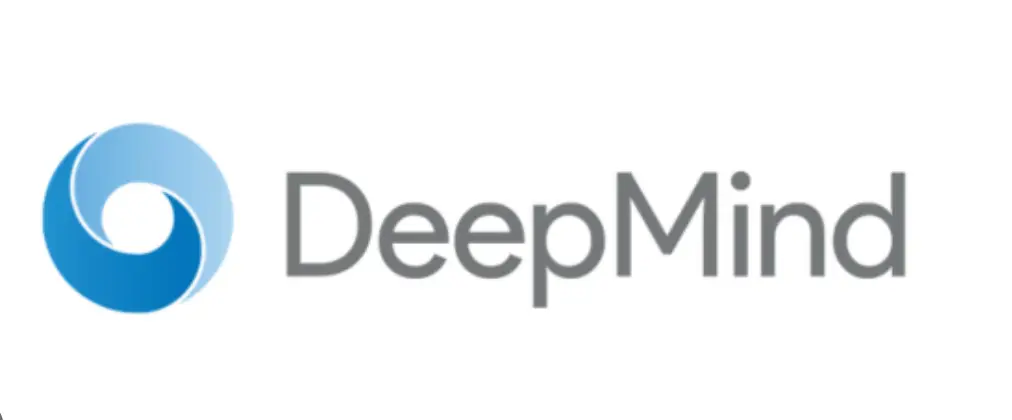
Performance Sparks Debate on AI’s Growing Capabilities
The contest was put on by Metaculus, a company based in San Francisco, to test people’s ability to make predictions for investment funds and businesses. A set deadline in September was used to compare predictions to actual outcomes to see how accurate they were.
AI systems still aren’t as good as the best human forecasters, but ManticAI’s performance surprised a lot of experts. People are now wondering if AI forecasters could catch up to human forecasters sooner than they thought.
Professional Forecasters React to Competition Outcome
Ben Shindel, a professional forecaster, said he was surprised when he was temporarily behind AI competitors in the challenge. He stressed how much better AI is now than it was a year ago, when bots were much lower on the list.
Other participants said that AI worked especially well in situations where it was helpful to quickly analyze data and find patterns. These abilities are becoming more and more useful in addition to human intuition instead of replacing it completely.
Recommended Article: Google DeepMind Gemini 2.5 Marks AI Coding Breakthrough
Forecasting Questions Spanned Politics and Environment
There were a lot of different questions in the contest, like guessing the outcome of Samoa’s general election and figuring out how much damage wildfires did in the US. At the end of the challenge, the competitors were given points based on how closely their predictions matched what actually happened.
Deger Turan, the CEO of Metaculus, praised ManticAI’s results and said they were important because they were a milestone. He did, however, warn that human forecasters are still better than AI at making decisions in more complicated, interconnected situations that require careful thought.
Experts Predict Future Convergence Between AI and Humans
Turan said that AI might be able to compete with or even beat human forecasters by 2029. But he did say that people are still better at making predictions that need deep contextual logic checks and complex relationships between events.
AI has a hard time checking for logical consistency in its outputs, which means that humans still have an edge. For now, human knowledge and AI systems have different strengths that work well together. Combining the two is likely to give the most accurate predictions.
ManticAI’s Approach and Co-Founder’s Views
ManticAI uses a special system that splits forecasting tasks among different machine-learning models, some of which come from OpenAI, Google, and DeepSeek. Each model adds to the network of AI forecasters based on its own strengths.
Toby Shevlane, one of the founders of ManticAI, called the accomplishment a big step forward for the forecasting community that uses large language models. He said that AI predictions showed originality because they often differed a lot from the averages in the community, which went against the tendency for people to think in groups.
Shevlane stressed that making predictions needs real reasoning, not just repeating what has happened in the past. ManticAI’s unique results show that AI is becoming an important part of predictive science on its own.
Human Forecasters Defend Their Current Edge
Even though AI has come a long way, top human forecasters still say they are better at doing tasks that require a lot of thought and judgment. Philip Tetlock, who wrote Superforecasting, recently published research that showed that expert humans usually do better than the best bots.
Warren Hatch from Good Judgment said that AI is also very good at answering questions with a lot of structured data, like inflation rates. However, humans still have an edge when predictions require contextual judgment and data is scarce or unclear.
Collaboration Seen as Future of Forecasting
A lot of experts think that the best way to go is to combine AI’s analytical persistence with human judgment. AI systems are great at solving many problems at once, but people can make intuitive leaps that algorithms can’t yet match.
Lubos Saloky, who came in third in the competition, put it best when he said, “If you can’t beat them, join them.”






